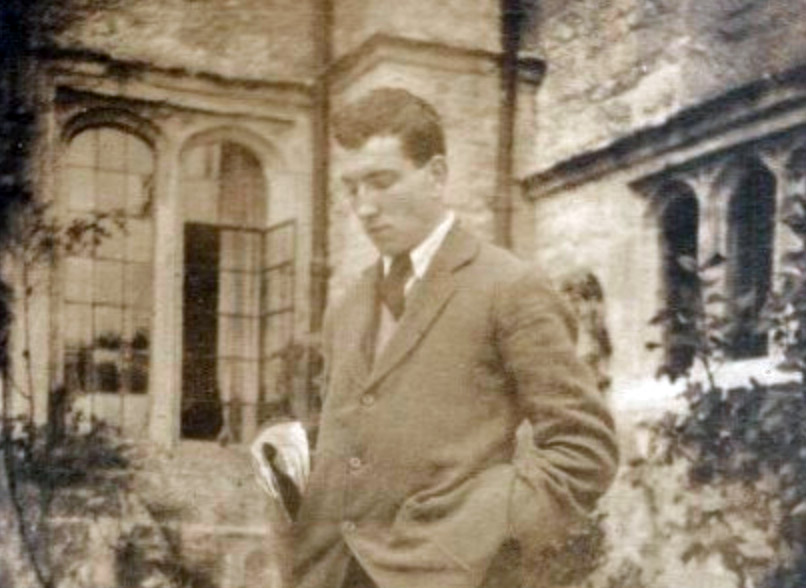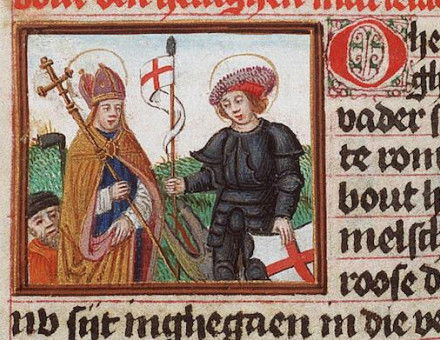Excavating Robert Graves
The life and work of the war poet and author is revealed in all its rich complexity.
 With biographies of all the big-name poets of the Great War (with the exception of Wilfred Owen) to her name, Jean Moorcroft Wilson has established herself as the foremost authority on a subject that increasingly informs the way Britain’s public views the conflict as a whole.
With biographies of all the big-name poets of the Great War (with the exception of Wilfred Owen) to her name, Jean Moorcroft Wilson has established herself as the foremost authority on a subject that increasingly informs the way Britain’s public views the conflict as a whole.
Seeing the war through the prism of these writers of pity and protest may be a distorting mirror, but given the increasingly pacific nature of our society, the view of the war poets may come to be posterity’s settled verdict on the struggle.
With this weighty volume, which covers Graves’ early life, his war experiences and the troubled postwar decade that led up to the publication of his autobiography, Goodbye to All That – hastily written as a money-making potboiler, but now probably the best-known account by a frontline officer – Wilson has again chalked up a formidable achievement.
Her special gift is to integrate a penetrating critique of the poetry into her narrative of the life that gave birth to it. In Graves’ case this is particularly important as he first suppressed, then neglected the poems he wrote in the trenches, feeling that they were not worthy of his later elevated bardic view of his muse. In fact, many of the poems rediscovered by Wilson are not bad at all and she does Graves’ reputation a favour by resurrecting them.
Born in the London suburb of Wimbledon to an elderly Irish father and a German mother, Graves grew up in an intellectual atmosphere, amid a tribe of siblings. Bullied at his public school, Charterhouse, he reacted by becoming a boxer and fighting back. About to go up to Oxford, the outbreak of war found him at his family’s holiday home in Harlech, North Wales. He enlisted immediately in the Royal Welch Fusiliers.
Wilson – unafraid to criticise her subject – makes it very clear that Graves was an unpopular officer. His slovenly, individualistic ways defied the army’s attempt to force him into a conformist mould. Salvation came in the form of his friendship with Siegfried Sassoon, when his fellow poet joined the same regiment.
Though they later fell out over the fibs and inaccuracies in Graves’ memoirs, the relationship was crucial to both men, not least when Graves defended his friend after Sassoon protested against the war. Desperately wounded on the Somme, Graves ended the war a nervous and physical wreck. His first marriage ended when he fell under the spell of the poet and essayist Laura Riding. By then he had found his true metier: as a poet.
Graves’ eventful life and colourful personality has attracted several biographers. Wilson pays him the compliment of treating him as a son, brother, lover, soldier and war victim, but above all as one of Britain’s greatest modern writers.
Robert Graves: From Great War Poet to ‘Good-bye To All That’
Jean Moorcroft Wilson
Bloomsbury Continuum
460pp £25
Nigel Jones is the author of Rupert Brooke: Life, Death and Myth (Head of Zeus, 2015).




